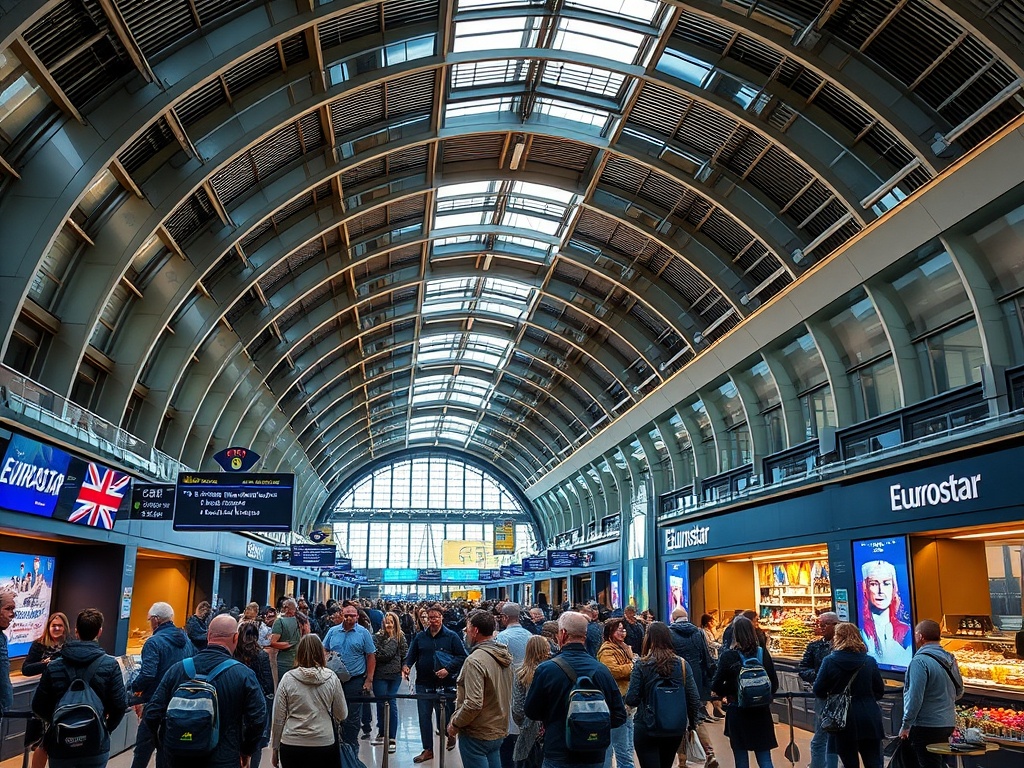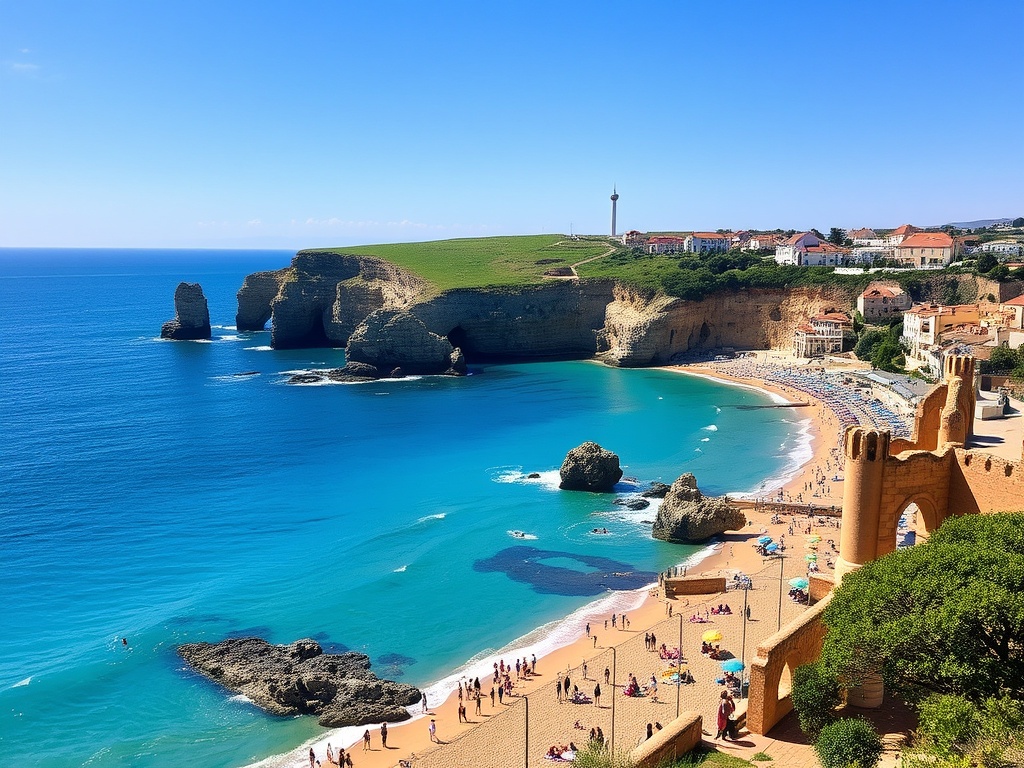Improvements on the Horizon for Eurostar Travel

Queuing at St Pancras International has historically been a less-than-ideal part of embarking on a Eurostar journey from London to the continent. The situation became even more cumbersome following Brexit, which introduced additional border checks. However, promising changes are on the horizon. London St Pancras Highspeed (formerly known as HS1) has partnered with Getlink, the operator of the Channel Tunnel, to enhance the efficiency of cross-border rail travel. The upcoming renovations at St Pancras aim to significantly boost passenger processing capacity from an average of 1,800 passengers per hour to an impressive 5,000 passengers per hour. This expansion equates to an increase from two full Eurostar trains running per hour to five.
Once these improvements are realized, travelers can anticipate a more enjoyable experience at St Pancras, characterized by shorter queues and potentially reduced check-in times. However, details regarding the timeline for the completion of these upgrades remain somewhat vague.
What particularly piqued interest was the statement from Yann Leriche, the chief executive of Getlink, who hinted that these station enhancements might pave the way for broader opportunities. He expressed a keen interest in promoting low-carbon mobility options, with the possibility of new train routes to destinations in Germany, Switzerland, and France. This could mean future services to cities such as Cologne, Frankfurt, Geneva, Marseille, and Zurich.
Nevertheless, a significant hurdle exists: Getlink does not operate the trains themselves; that responsibility lies with Eurostar. Currently, Eurostar’s fleet is already stretched thin, and Eurostar’s chief executive, Gwendoline Cazenave, was reticent during a recent interview with the Dutch daily Het Financieele Dagblad regarding any intentions to invest in new trains. Eurostar lacks any trains that can meet both the Channel Tunnel and German safety regulations, and similarly, there are no compatible trains available for service to Zurich in Switzerland. If Eurostar, as the incumbent operator, is hesitant to tackle this issue, could there be an opening for private competitors?
Companies like Virgin Trains and Evolyn have publicly announced plans to challenge Eurostar on routes traversing the Channel Tunnel from London. However, neither of these entities currently owns any trains; Virgin has indicated that it is nearing a decision to order a fleet of 12 units. Given the substantial backlogs faced by major train manufacturers, any newly ordered trains might not be operational until the end of the decade.
To make matters even more complicated, several stations in Continental Europe that could potentially be serviced from London face similar logistical challenges as those at St Pancras. Since passport checks and baggage scans must occur before boarding, simply running trains to London from any random platform at any station is unfeasible. Many proposed destinations—such as Lyon, Marseille, Cologne, Frankfurt, and Zurich—lack terminal facilities comparable to those at St Pancras, Paris Gare du Nord, or Bruxelles Midi. The UK Government has consistently declined to consider alternative solutions, such as conducting passport checks on board moving trains.
This situation complicates the economics for both Eurostar and any prospective competitors. While the idea of a direct service from London to Marseille or Cologne is enticing, the financial implications of establishing and staffing terminals at new locations serve as a significant deterrent. Even for the primary London-Paris route, achieving financial sustainability is challenging, particularly as Getlink imposes a fee of over €20 for each passenger crossing through the Channel Tunnel.
In summary, while a more streamlined travel experience from London appears to be on the horizon, it is prudent not to expect the immediate introduction of direct routes to Germany, Switzerland, or further into France, despite the anticipated improvements at St Pancras.
Jon Worth is an independent railway policy analyst based in Bourgogne, France. His research and advocacy efforts are centered around enhancing cross-border passenger rail services in Europe.




